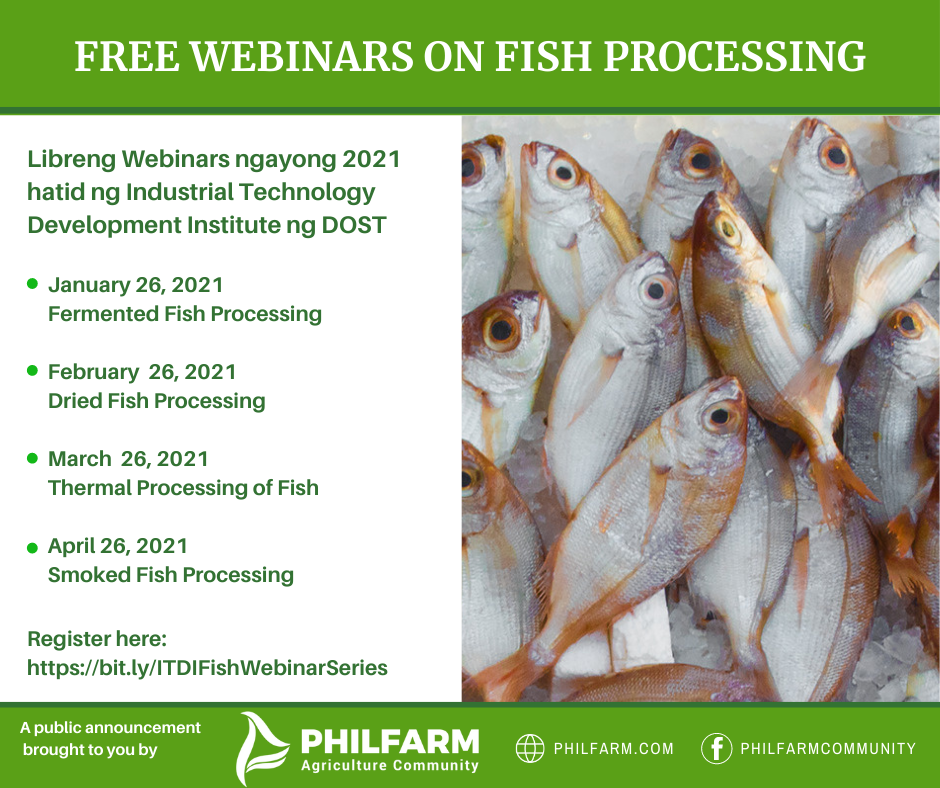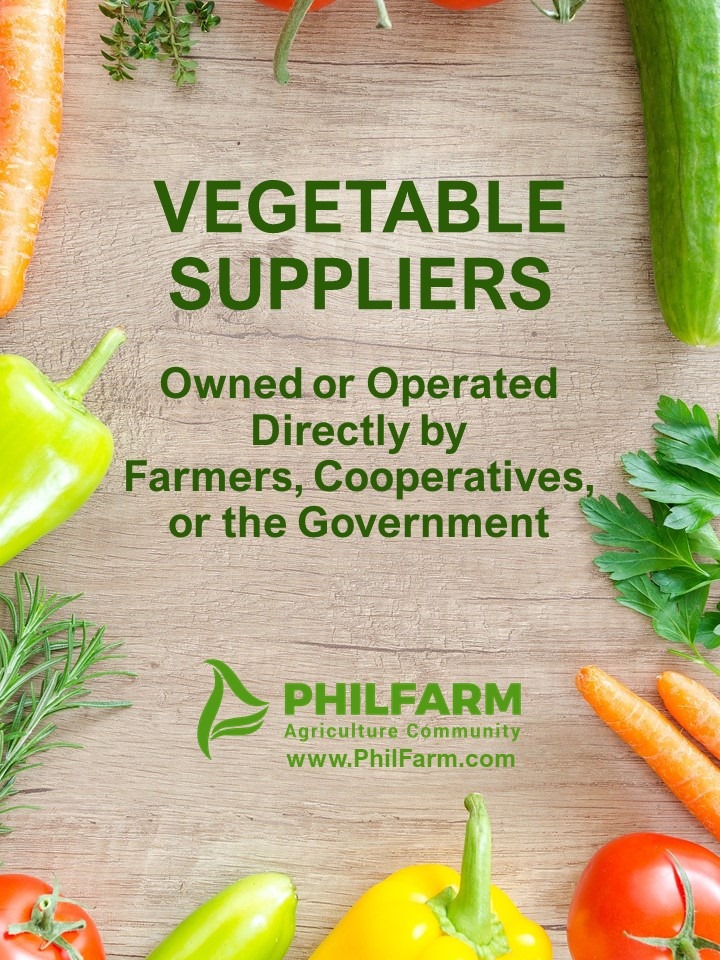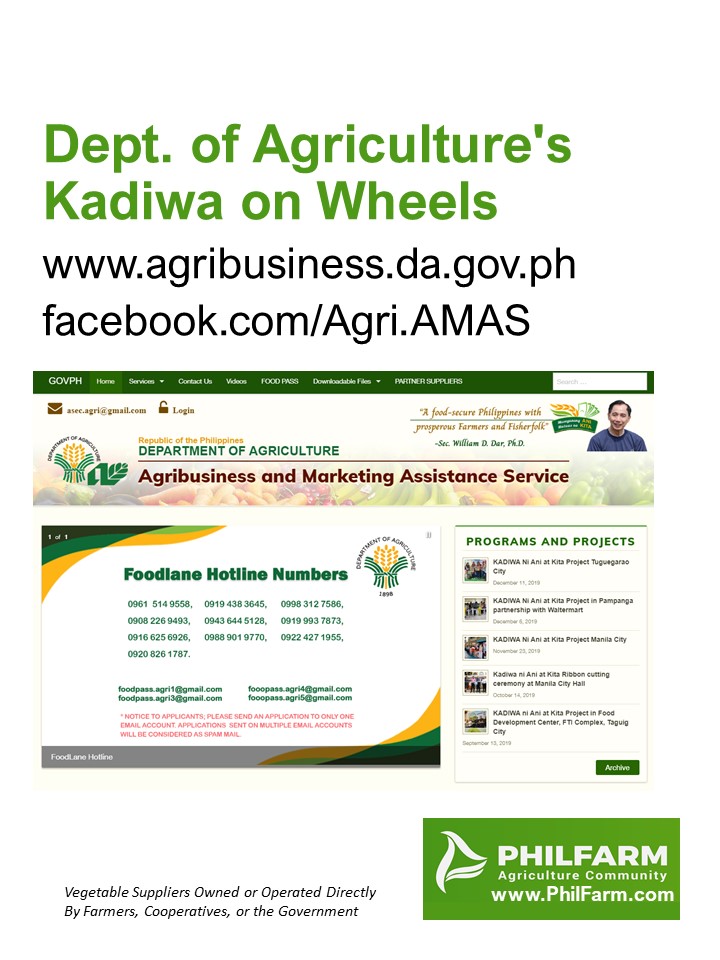In a recent analysis by the Japan International Cooperation Agency (JICA), agriculture has been reaffirmed as the cornerstone of the Philippine economy. This sector, long recognized for its pivotal role in economic development, continues to play a vital part in sustaining the country’s growth.
Significance of Agriculture
Historically, agriculture has been a significant contributor to the Philippine GDP, dating back to the post-war era. While its share has fluctuated over time, agriculture remains a crucial sector, employing a substantial portion of the labor force and ensuring food security for the nation. Despite a decline in agricultural employment due to misconceptions about its profitability and modernity, the sector remains a key player in the Philippine economy.
Employment and Economic Growth
Agriculture’s impact on employment cannot be overstated. It provides jobs not only for farmers but also for those in related industries such as machinery manufacturing, food processing, and transportation. With nearly a quarter of the Philippine labor force engaged in agriculture, the sector contributes significantly to economic activity and helps combat unemployment rates.
Moreover, agriculture plays a vital role in driving economic growth. By creating new business opportunities and increasing income for farmers, the sector fosters economic development. Initiatives like agribusiness have seen a surge in online platforms, connecting farmers directly with consumers and boosting income streams. Government programs supporting agripreneurship through loans and training aim to enhance productivity and competitiveness in the sector.
Food Security and Resilience
Ensuring food security is a primary function of agriculture in the Philippines. The sector is responsible for producing the majority of the country’s food, making it essential for the well-being of the population. The COVID-19 pandemic underscored the importance of self-sufficiency in food production, prompting government efforts to strengthen the agricultural sector and increase food supply.
JICA’s Involvement and Challenges
The Japan International Cooperation Agency (JICA) has been instrumental in supporting the development of Philippine agriculture. Through modernizing infrastructure, introducing Japanese technology, and fostering market-oriented approaches, JICA has played a crucial role in enhancing agricultural practices in the country.
Challenges such as an aging farming population and the impact of climate change on agricultural production remain significant hurdles. Efforts to make agriculture more appealing to the younger generation and implement climate-smart practices are underway to address these challenges and ensure the sector’s sustainability.
Agriculture stands as the backbone of the Philippine economy, contributing to employment, food security, and economic growth. With continued support and development, the sector can pave the way for a more sustainable and resilient economy, ensuring a stable food supply and higher incomes for farmers. As JICA emphasizes, modernizing agriculture is key to securing a prosperous future for the Philippines.









